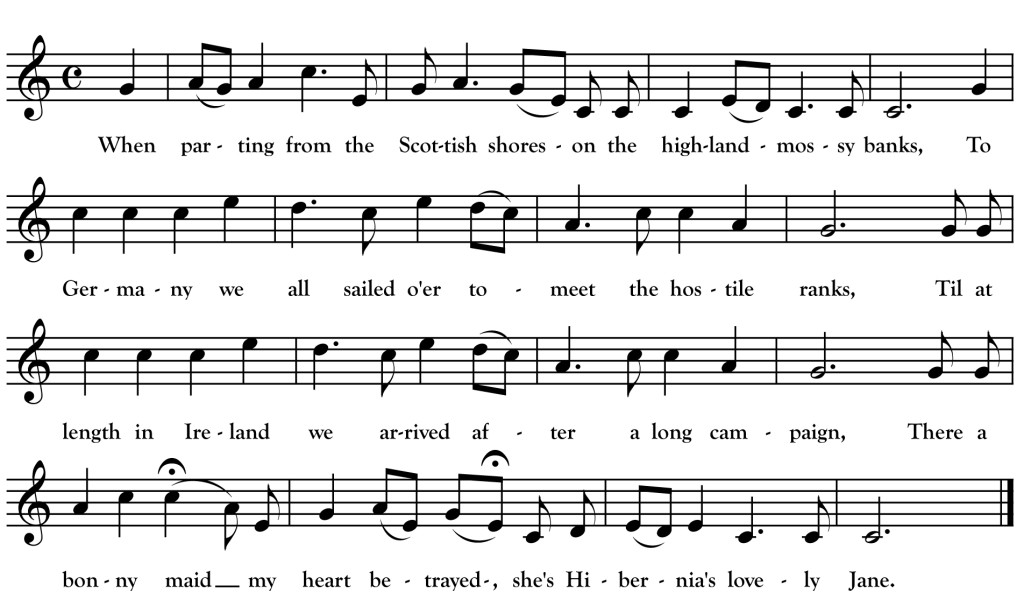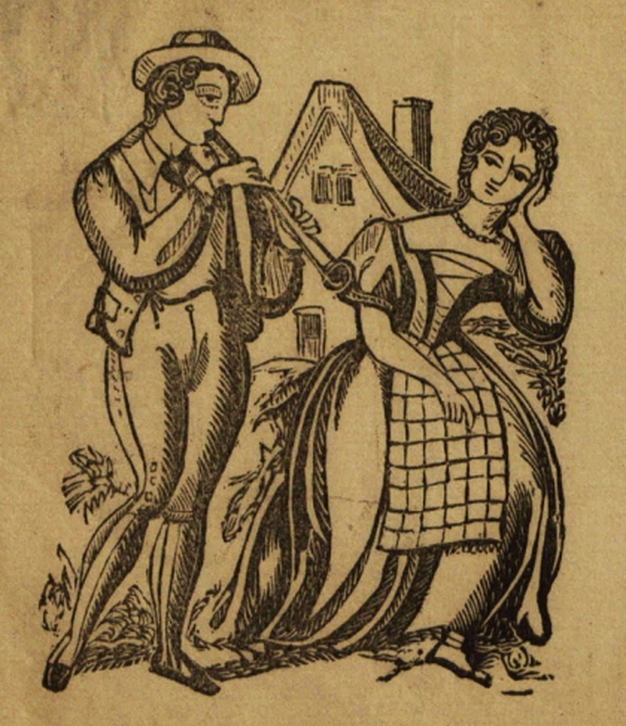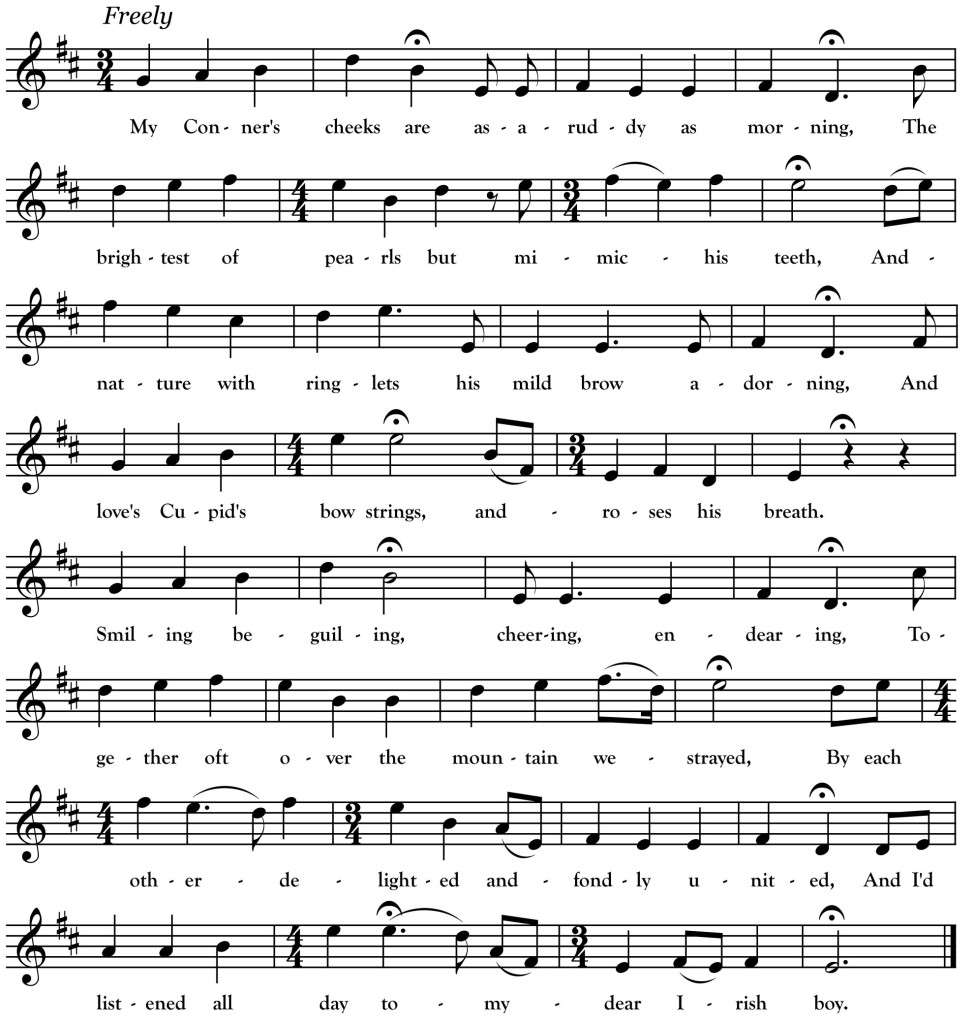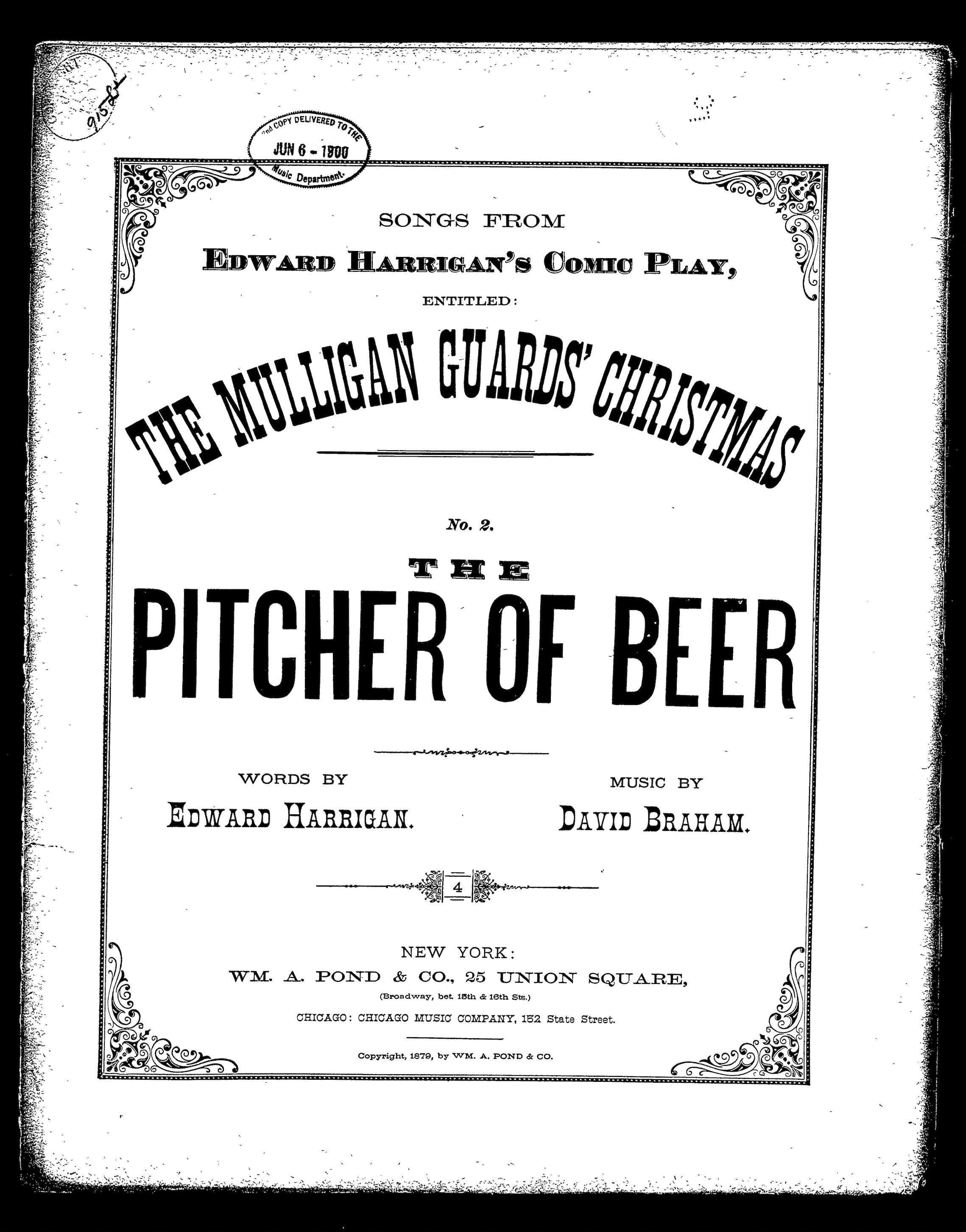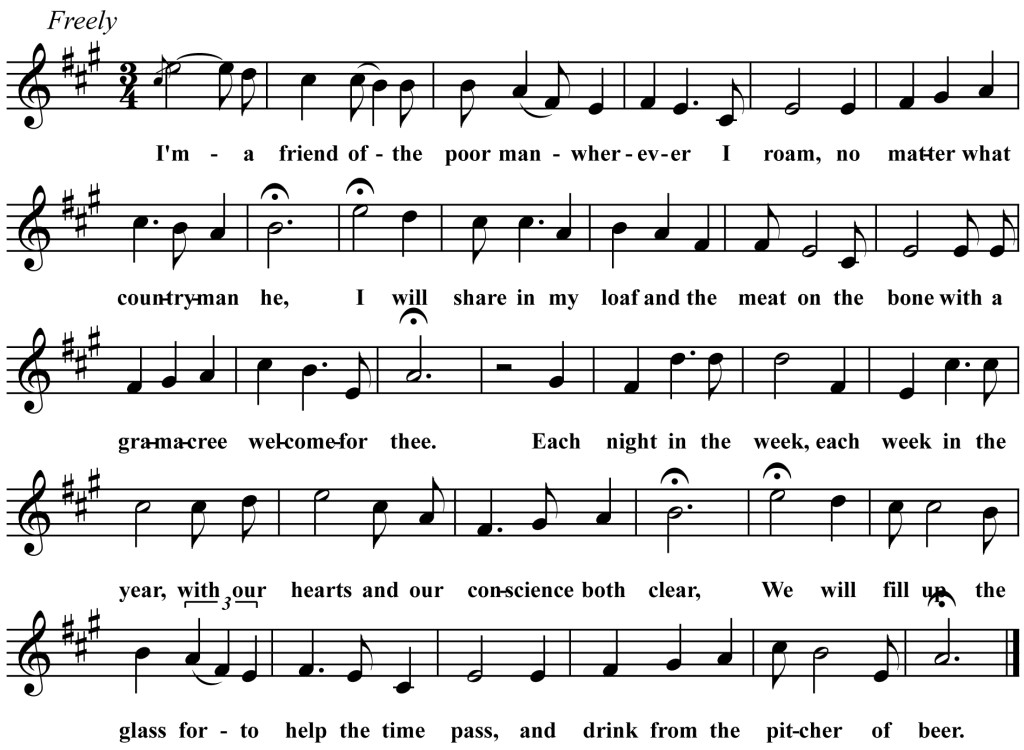Hibernia’s Lovely Jane
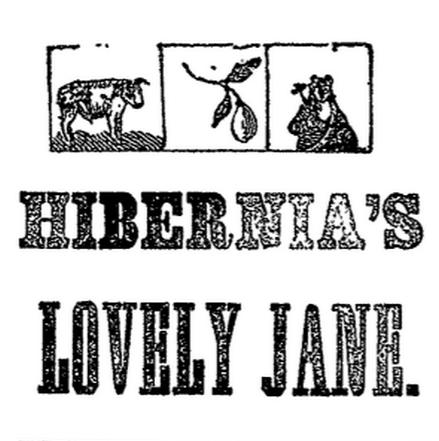
(as usual, I forgot/changed a few words and notes here and there when I went to sing it)
When parting from the Scottish shore on the highland mossy banks,
To Germany we all sailed o’er to meet the hostile ranks,
Till at length in Ireland we arrived after a long campaign,
There a bonny maid my heart betrayed, she’s Hibernia’s lovely Jane.
Her cheeks were of the rosed hue; the bright glance of her een,
Just like the drops of dew bespangled o’er the meadows green,
Jane Cameron ne’er was half so fair; no, nor Jessie of Dunblane,
No princess fine could her outshine, she’s Hibernia’s lovely Jane.
My tartan plaid I will forsake, my commission I’ll resign.
I’ll make this bonnie lass my bride if the lassie will be mine.
And in Ireland where her graces are, forever I’ll remain,
In Hymen’s band join heart and hand with Hibernia’s lovely Jane.
This bonny lass of Irish braw being of a high degree,
Her parents said a soldier’s bride their daughter ne’er should be,
O’erwhelmed with care, grief and despair, no hopes do now remain,
Since this near divine cannot be mine, she’s Hibernia’s lovely Jane.
If war triumphant sounds again to call her sons to arms,
Or Neptune waft me o’er the deep far, far from Janie’s arms,
Or was I laid on honor’s bed, by a dart or a ball be slain,
Death’s pangs will cure the pains I bear for Hibernia’s lovely Jane.
_____________________________________
The text of this version of “Hibernia’s Lovely Jane” was given by Andrew Ross of Charlevoix, Michigan to collector Franz Rickaby in the early 1920s. Ross (1853-1930) was born in Quebec to Highland Scottish parents. He came to Charlevoix around 1880 and worked his way up the local lumbering industry, eventually serving as mayor of Charlevoix. Ross’s obituary says he “had a natural ear for music, and abundance of wit and humor, and his stock of Scotch songs and dances were known to many.” It continues, “As an entertainer in the early days he was in constant demand, and even in later years was frequently called upon to display his talents.” (http://obits.charlevoixlibrary.org/articles/article30207.jpg, accessed Aug. 20, 2015)
“Hibernia’s Lovely Jane” (sometimes “Jean”) is a broadside ballad dating from the early 1800s that depicts a Scottish soldier in love with an Irish girl. In 1932, collector Sam Henry found a version sung (to a different air) in Ballycastle, County Antrim which he printed in his Songs of the People. Other than Henry’s version, I have found no other published version from tradition. However, during my research trip to the American Folklife Center at the Library of Congress last summer, I discovered two versions recorded by Ivan Walton during his 1940 trip to Beaver Island, Michigan. The melody above is a composite of the airs sung by Beaver Island singers John W. Green and Mike J. O’Donnnell. That the song would surface in both Charlevoix and Beaver Island makes sense. For over a century, Charlevoix has been the chief “mainland” town connected to Beaver Island by ferry. O’Donnell said he learned his version from singer Maggie Boyle of Harbor Springs, Michigan who may have learned it in Scotland.
A few words in the Ross text were misspelled or otherwise garbled and I have replaced these with words found in broadside texts held by the Bodleian Library.

